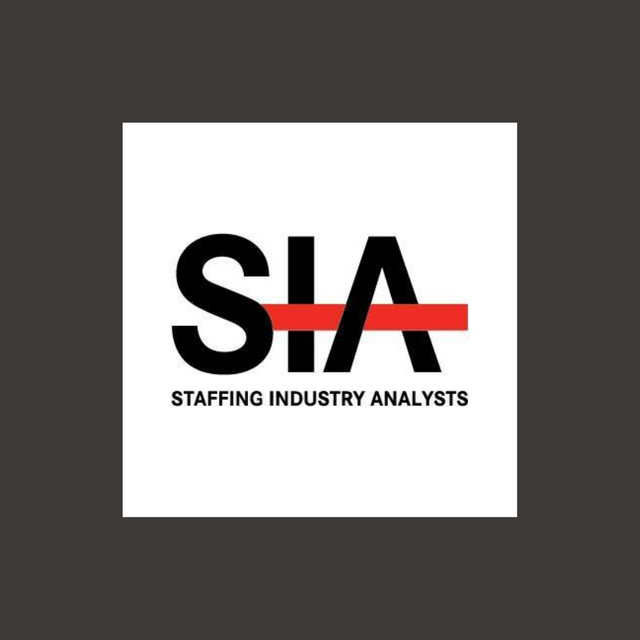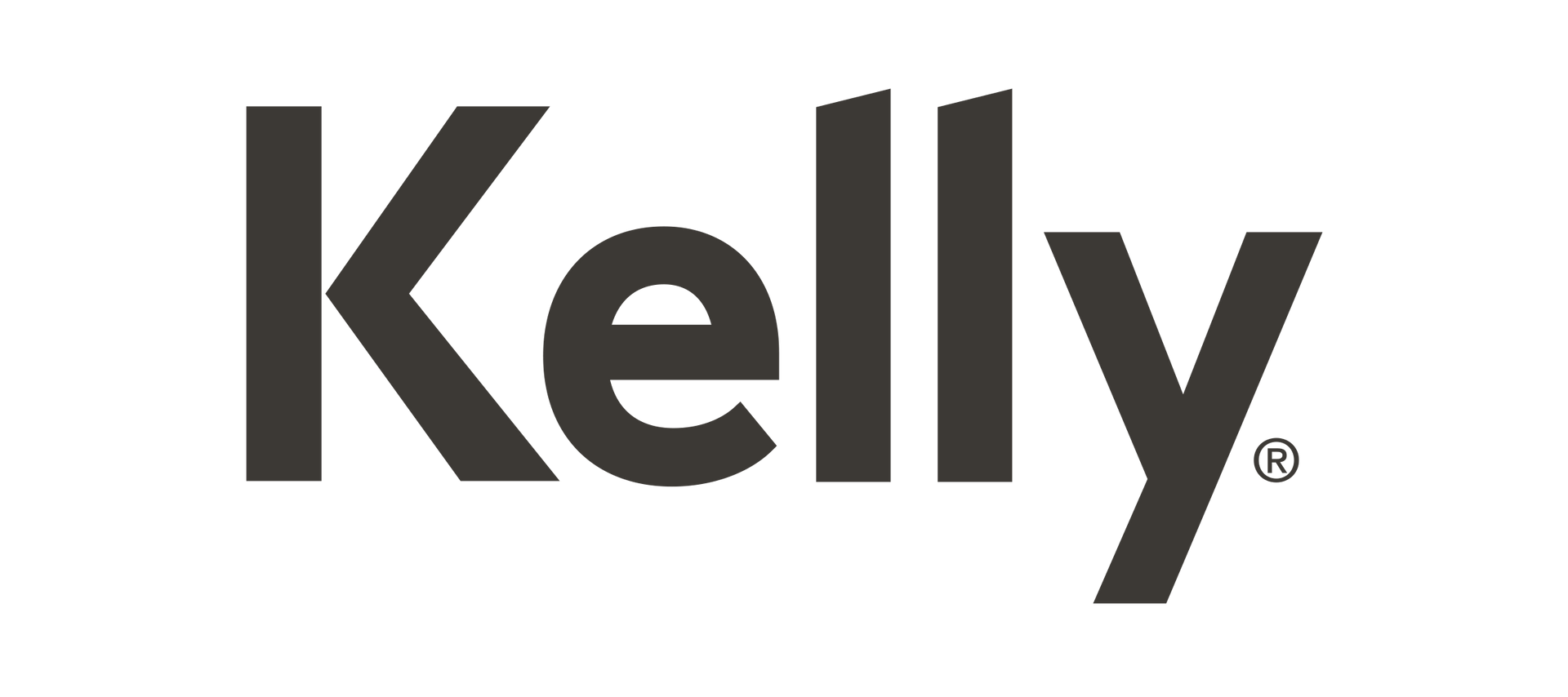Succesful Interview Tips

Default Author • maj 04, 2020
A job interview is a bit like a first date. It’s nerve wracking and it’s the toughest part of getting any job. It’s the moment when you come face to face with a prospective employer and, just when you need all the confidence you can muster, it seems to completely disappear. Sparkling at interviews and making a good impression is something that everyone can do - it just takes careful planning and preparation.
Essential homework
Find out as much as you can about the job. Analyse the job description, try and work out what sort of person is required and match that to your own strengths and skills. If you are going through an employment agency such as Kelly Services then your consultant will be able to give you a detailed job description and make sure you know all about the position before you get there. Research the company, products, staff, culture, clients and competitors. Find out all you can about them to show you are really interested in joining. Local reference libraries can often help here or you can contact the company direct and ask for information such as the Report and Accounts and other literature. Look at the company’s website.
Plan your route
Give yourself plenty of time to get to the appointment – ideally you should aim to arrive 5-10 minutes early to give yourself a chance to look around and to relax.
Dress for success
Think carefully about what to wear, the importance of first impressions cannot be overstated. Make sure that you look smart and professional. Wear something that is appropriate to the company you are going to see. For most businesses a suit is the best option but if you are having an interview with a company in the design and advertising field you may want to dress with a bit more flair. Golden rules include smart polished shoes, clean tidy hair – tied back is a good option if it’s long, discrete jewellery, clean nails and not too much perfume or aftershave. There’s nothing worse for the interviewer if he or she has to contend with jangling jewellery and the fact that you are fiddling or flicking your hair back throughout the discussion. Remember you want them to focus on you and your abilities, so don’t give them any reasons to be distracted.
Think about what it is you want to achieve from the interview
Remember it’s a two way discussion and is as much for you to find out about them as the other way round. Try rehearsing with a friend, giving you the opportunity to go over key points.
‘Believe in yourself, your skills and abilities. You wouldn’t have been selected for the interview in the first place if the company didn’t think you could be the right person for the job’
Make a note of any questions to ask on the day or any points you would like to cover at the interview. Employers aren’t impressed if all you want to know is the salary. They want to know that you are genuinely interested in the job and have given some serious thought to the interview.
Handling difficult questions
Nowadays employers often ask questions designed to discover how you would deal with certain situations and how you would behave. Companies want to know about your abilities and track record, not just your knowledge and experience. For instance ‘describe a situation where you have shown yourself to be flexible’ or ‘describe how you dealt with an unexpected situation’ are both ways of trying to find out more about the way you operate as a person and your competencies. Producing answers isn’t as difficult as it may first appear, particularly if you have given some thought to these type of questions coming up. You can draw on your past experience and you don’t necessarily have to restrict yourself to the workplace. Even being able to successfully share a flat demonstrates that you are a team player with the ability to negotiate! Tricky questions are not designed to deliberately catch you out – they are there to encourage you to think on your feet and give you an opportunity to shine.
Telephone interviews
Some companies use telephone interviews to draw up their shortlist so it is worth giving some thought to how you would cope with this technique. In many ways you need to be prepared for a phone interview in the same way as you would for a face-to-face interview. In this instance it is particularly important to think of some questions that you want to ask the interviewer. You should also try and ensure that you have some privacy - so try and find a quiet phone that you can use and where you won’t be disturbed and then you need to get yourself into interview ‘mode’.
The most common mistake for telephone interviewees is answering questions too quickly. Although silences on the telephone feel much longer than they really are, it is so important to consider your answers. Try and imagine you are sitting in front of the interviewer and use facial expressions as you would in a one to one interview because your attitude and frame of mind are always reflected in your voice - so don’t forget to smile and be positive.
Sample questions:
Think of the obvious questions such as those listed below and work out honest and persuasive answers.
Why do you want to join us?
What can you bring to the job/company?
Tell me about your last/present job?
Why are you leaving your present job?
How would you set about tackling this job if you are successful?
What do you think the main differences will be between your last/present job and this one?
Do you have any questions you want to ask?
Think of the obvious questions such as those listed below and work out honest and persuasive answers.
On the day
Give yourself plenty of time - don’t put yourself under extra pressure by having to rush. Always take an up-to-date copy of your CV that is clean and crisp, together with a notebook and pen. When you meet the interviewer look directly at the person, smile, and give a firm handshake - this shows confidence.
Do:
Be positive
Watch your body language - e.g. don’t cross your arms (it gives the impression of putting up a barrier between you and the interviewer); make frequent eye contact; good posture is important
Listen
Reply to any questions clearly and concisely
Make a note of points to return to
Be courteous to everyone you meet
Be honest
Don’t:
Fidget
Let your mind wander
Be afraid to sell yourseIf
Just answer with a yes or no – expand
Remember to thank the interviewer for seeing you and again shake their hand firmly and confirm that you want the job.
Follow up
Ask about the follow-up procedure, information on further stages and when you can expect to hear the outcome. If you feel you didn't answer one of the questions well or that you failed to get across one of your major achievements you can always quickly follow up with a letter which thanks the interviewer for their time and restates why you think you are the right person for the job.
If you are unsuccessful it’s still worth going back to the company to get their feedback on how they felt the interview went as you can often pick up very helpful tips on how to improve your performance.
Remember that if you want to succeed at your interview you must be confident and be prepared! Every interview is a learning experience and each one teaches you a little bit more about what to say and do and what to avoid. If you are unsuccessful then don’t be too dismayed - there is always next time and as your interview technique improves the more likely it is that you will get that job!
Grafton Recruitment Services Sp. z o.o.
(wcześniej Kelly Services Poland Sp. z o.o)
Rondo Ignacego Daszyńskiego 1, 00-843 Warszawa
Kelly Services Poland
ul. Postępu 18b, 02-676 Warszawa



Kelly Services Poland
ul. Postępu 18b, 02-676 Warszawa





